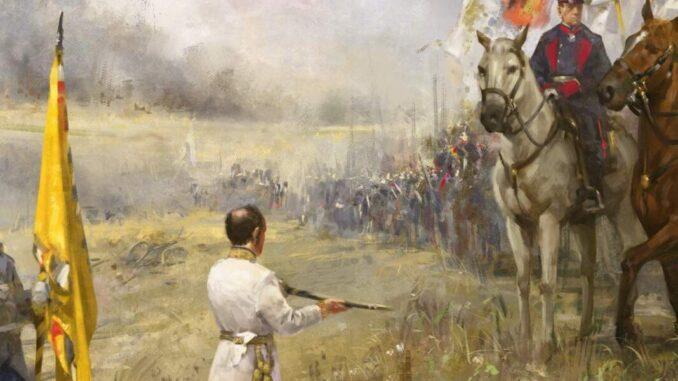
The Victorian era saw revolutionary progress in three major areas which are represented through three distinct tech trees in Victoria 3: industry, military, and politics.
Guide to Technology
Intro
There are ~175 technologies split up across the three trees. The technologies are organized in such a way that each tech requires one or several others and leads to one or several others. Many countries will start with 20~30 of these technologies already researched — as their starting economies, legal systems, militaries, and diplomatic relations rely on them. On average, leading edge countries will discover perhaps one new technology per year, though this pace can vary greatly from country to country.
The technology system in Victoria 3 is meant to shape and change the game as the campaign evolves. While a few techs apply straight bonuses to various attributes of the country, the primary function of most techs is to unlock new actions, options, and even challenges. Very often, discovering a new technology doesn’t have any immediate effect on the country but gives new ways to run it and new tools in its toolbox. The introduction of new inventions and ideas can also act as a catalyst for emerging situations in the country, with certain parts of the populace demanding these new developments be adopted or shunned.
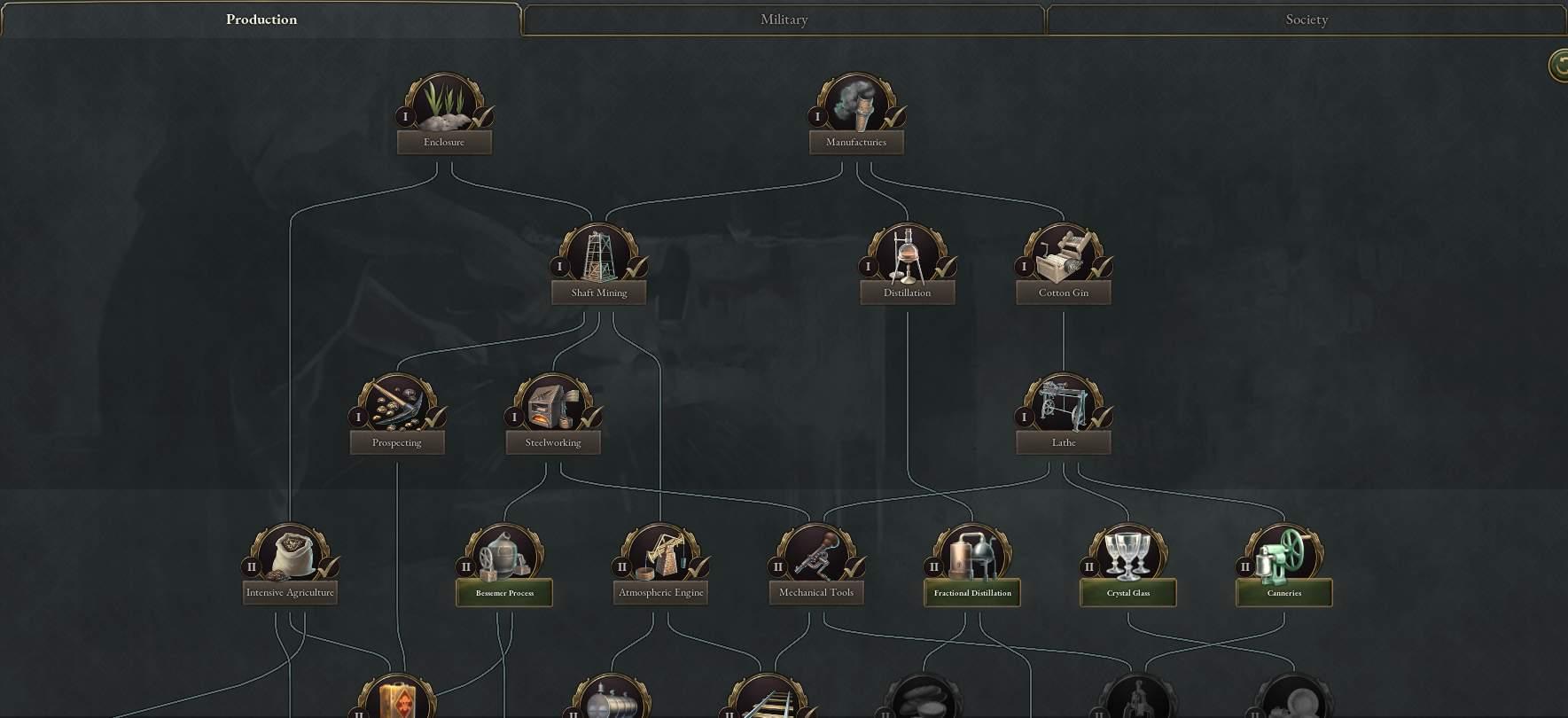
An overview of the beginning of the production tech tree.
Technology Tree Types
Production technology
Production technologies are all about increasing the country’s economic capacity in various ways. These tend to be very concrete inventions which increases the output and/or yields in all kinds of buildings. On other occasions they may be more abstract, such as more effectively utilizing labor in the manufacturing industries. Production technologies also include advances to railways, and some even unlock goods unknown at the start of the game such as rubber, electricity, and automobiles.
Military technology
Military technologies improve the army and navy. These consist of a mix of new weapon technologies, doctrines, and ways of organizing the servicemen and officers. Some techs will establish a more reliable supply of manpower and causes fewer provinces to be lost when territory must be yielded to the enemy. The naval part of the tree is mostly dedicated to the invention of new ship types, but also includes a few new naval strategies that unlock or improve the effectiveness of certain naval orders as well as upgrades to civilian ports to improve the country’s supply network and trade capacity.
Society technology
Society technologies are all about new ideas for organizing society. These include ideas pertaining to politics, finance, and diplomacy to name a few. Several political ideas in this tree also unlocks specific ideologies which may appear from that point on alongside new interest group leaders and shake up the political landscape. Just as techs in the production tree often unlock production methods, society techs often unlock laws or ideologies that can lend support for laws previously thought utterly absurd by the political establishment.
Additionally, society technologies include improvements to your country’s financial system, such as central banking which increases the capacity for minting new currency and unlocks the diplomatic actions to bankroll a country or take on their debt, as well as new forms of institutions like “central archives” that unlock the secret police law/institution and leads to Identification Documents.
Eras
Eras are a rough classification of which time period a certain idea was first discovered or developed.
- Era I inventions were well-known in many parts of the world prior to 1836.
- Era II inventions are associated with the First Industrial Revolution (1836 to mid-19th century).
- Era III is a period of evolution, stabilization, and standardization that runs until late 19th century.
- Era IV corresponds with the second industrial revolution around the turn of the century.
- Era V inventions are transformative, modern ideas.
Eras act as an indicator of roughly where the country is at a given tree, but also serves a role in ensuring that rushing a certain late-game technology is difficult. Not only do technologies in later eras take more innovative effort to research, but each technology from previous eras which have not yet researched in that tree make it harder and harder to make progress. This means techs aren’t unlocked on specific years, and there is never a hard block preventing players from making their universities develop technologies earlier than they were historically invented. Though it is best to keep in mind that it’s a less efficient use of time and resources, so it is best to ensure that acquiring a specific technology ahead of everyone else is actually crucial for a chosen strategy, as it will not come easily.
Technology Spread
Government funding and steering of national research is not the dominant way most countries are exposed to new ideas. For each of the three technology categories there is always one technology that is spreading in the country. Though the exact tech is being spread in each category is out of player’s hands, it will always be something in player’s current technological era which has already been invented elsewhere.
The speed by which technology spreads to the country is highly dependent on its population’s literacy. In addition, any innovation being generate in excess of the literacy cap is funneled into improving technology spread rate. In other words, oversizing universities compared to the school system can assist in catching up to the rest of the world but can never be used to get ahead of the others.
Technology spread is also affected by Freedom of Speech laws. Stricter censorship provides more authority but hinders the assimilation of new knowledge throughout the country. This is often a detriment but could also very well be exactly what was intended! The downside of having a well-educated population is that they get exposed to foreign ideas more easily, and some of those ideas might not be what one had in mind. A bit more state control over what people are allowed to talk about can help keep the population focused on the ideas one may want them to know about.
Layered Research
Embarking on the research of a new technology is a simple matter of clicking on the tech in the tree one would like to focus on, and time will take care of the rest. As time is perhaps the most precious resource in Victoria 3, falling behind one’s neighbors could be a death sentence for their country — or at least might force the player to cede their right to self-determination. The pace at which a research progresses is therefore of the utmost importance.
For all actual purposes and reasons, research in the game is layer based. The top most layer (innovation) is being affected by the most bottom layer (education institution).
Innovation
The rate by which countries develop new technologies is measured by innovation. All countries start with a small amount of innovation capacity.
Countries which can afford it may construct and fund university buildings, which employ academics and clerks to boost innovation and thereby speed up the pace at which they discover new things.
Another way to improve research speed is to ensure the industrialists, armed forces, or intelligentsia are satisfied with the state of the country, as this will cause the effective cost of the tech tree associated with them to drop respectively. If only one of these groups are pleased with the society being built, this will incentivize focusing the research on that tree since it’s relatively advantageous. For example, a country with a large army and laws favoring patriotic, loyalist, and jingoist ideologies would also progress faster in their military technologies, though they may fall behind on production and society technologies.
Literacy
The amount of innovation which can used to actively research a chosen technology is capped by a country’s literacy. Literacy is the percentage of the pops in the country’s incorporated states that know how to read and write at any given point. For example, if the most educated people in society decide they’ve had enough and move abroad, its average literacy will drop, to the benefit of the other country. If a war utterly devastates the backwaters of the nation and slaughters the hundreds of thousands which were conscripted to defend it, its average literacy might increase.
This means that even if a country’s universities are top-notch, its ability to effectively incorporate new learnings will be hampered by a poorly educated population. Those countries who aim to be the guiding light of global progress must maintain a solid primary school system in addition to universities that carry out their research.
Education access
Literacy is a product of a pop’s education access. If a given pop has 30% education access, over time 30% of individuals in that pop will become literate. The pace by which this value changes is dependent on the birth- and death rate of the pop, since this sort of learning happens mostly in the early years.
A pop’s wealth provides it with a base level of education access, and wealth often varies substantially depending on profession, making higher-paid professions have greater education access. However, literacy is often a limiting factor to a pop’s ability to qualify for those jobs in the first place, so relying solely on wealth for education access could severely limit a country’s social mobility and opportunity for economic growth.
Education institution
The main source of education access comes from the education institution, which must be established by a law and can be run by either the religious authorities, the private sector, or by a public administration depending on your school system law.
Each of these systems have their advantages:
- A religious school system keeps your priesthood strong and helps ensure unity of faith.
- A private school system works just peachy for pops with high wealth levels and ensures the working class don’t get strange ideas.
- A public school system lets you enact mandatory schooling for children and encourages cultural assimilation.


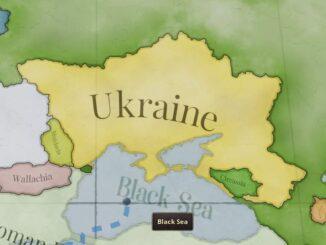
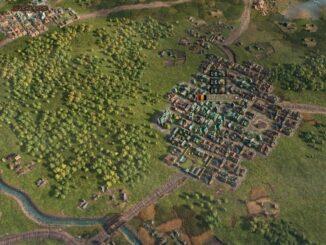
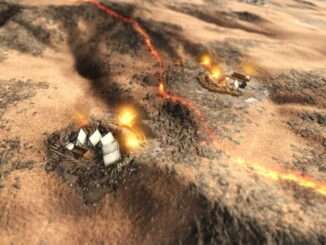
Be the first to comment